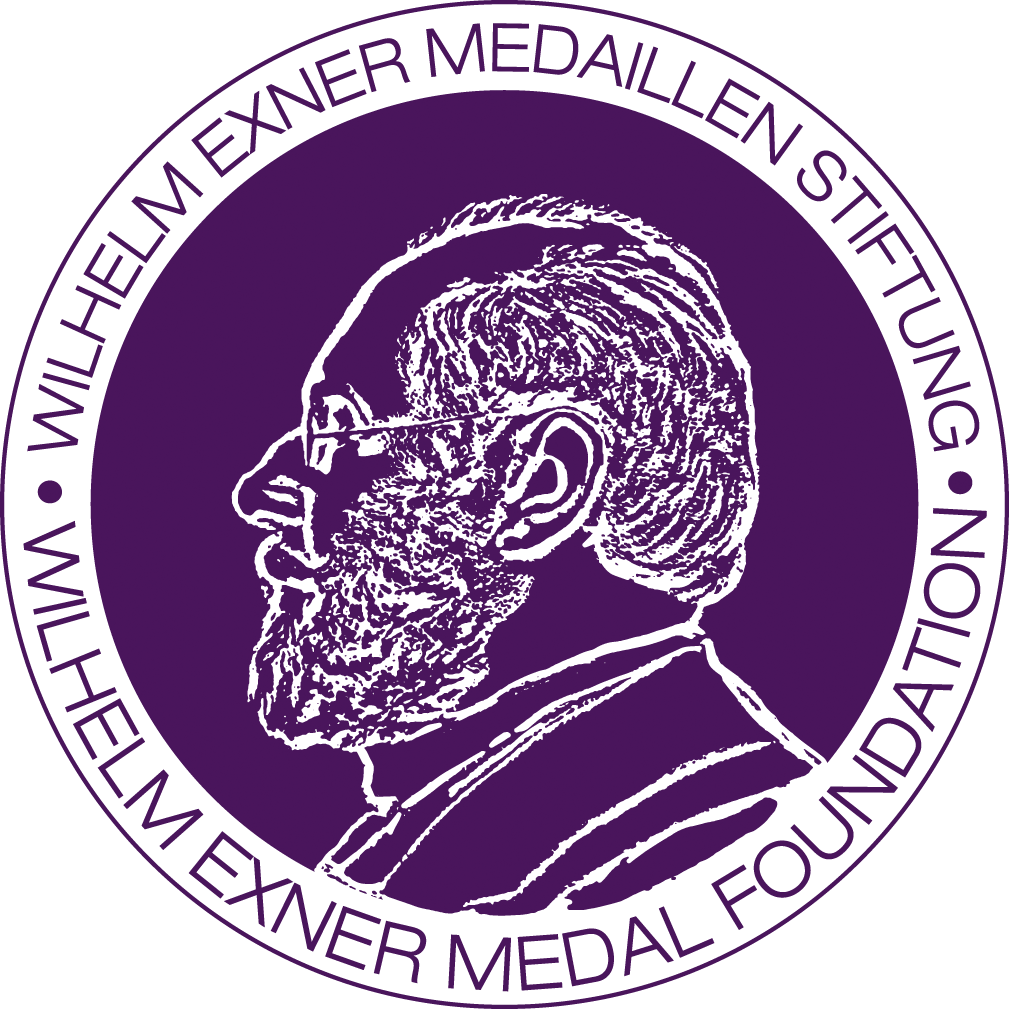
The Exner laureate has both an excellent reputation in the international scientific community and a reputation in Austria that extends far beyond his field of expertise. Zeilinger has succeeded in anchoring quantum physics and quantum mechanics in the minds of those who are only marginally interested in science.
Zeilinger studied physics and mathematics at the University of Vienna and did his doctorate under Helmut Rauch (Wilhelm Exner Medal 1985). This was followed by periods as an assistant at the Atomic Institute in Vienna and postdoctoral work abroad. Zeilinger has also held professorships at the Massachusetts Institute of Technology, the Technical University of Munich, the Vienna University of Technology, the University of Innsbruck, the University of Melbourne, and the Collège de France, and is currently professor and chairman at the Institute of Experimental Physics at the University of Vienna. Quantum mechanics focuses on the smallest entities such as atoms, photons or electrons. The results challenge both the classical physical worldview and the everyday understanding based on sensory perceptions. For example, it is clear that, unlike objects in everyday life, two or more quantum objects – i.e., matter or light particles with wave nature – are connected in such a way that, regardless of how far apart they are, they always exhibit the same properties when observed. Basic research has already led to various possible applications, such as quantum teleportation, developments toward quantum computing, and encryption techniques using quantum cryptography.
Among other things, Anton Zeilinger and his team succeeded in 1997 for the first time in quantum teleportation, i.e. a direct transfer of the state of a light particle overcoming time and space. A year later, he succeeded in the first demonstration of entanglement of more than two particles, i.e. quantum triplets, as it were. Zeilinger has received many awards during his career to date, including an honorary professorship from the University of Science and Technology of China, election to the German Order Pour le Mérite, the Research Award of the Alexander von Humboldt Foundation, the Science Award of the City of Vienna, the Decoration of Honor for Science and Art of the Republic of Austria, and the Nobel Prize in Physics in 2022.

